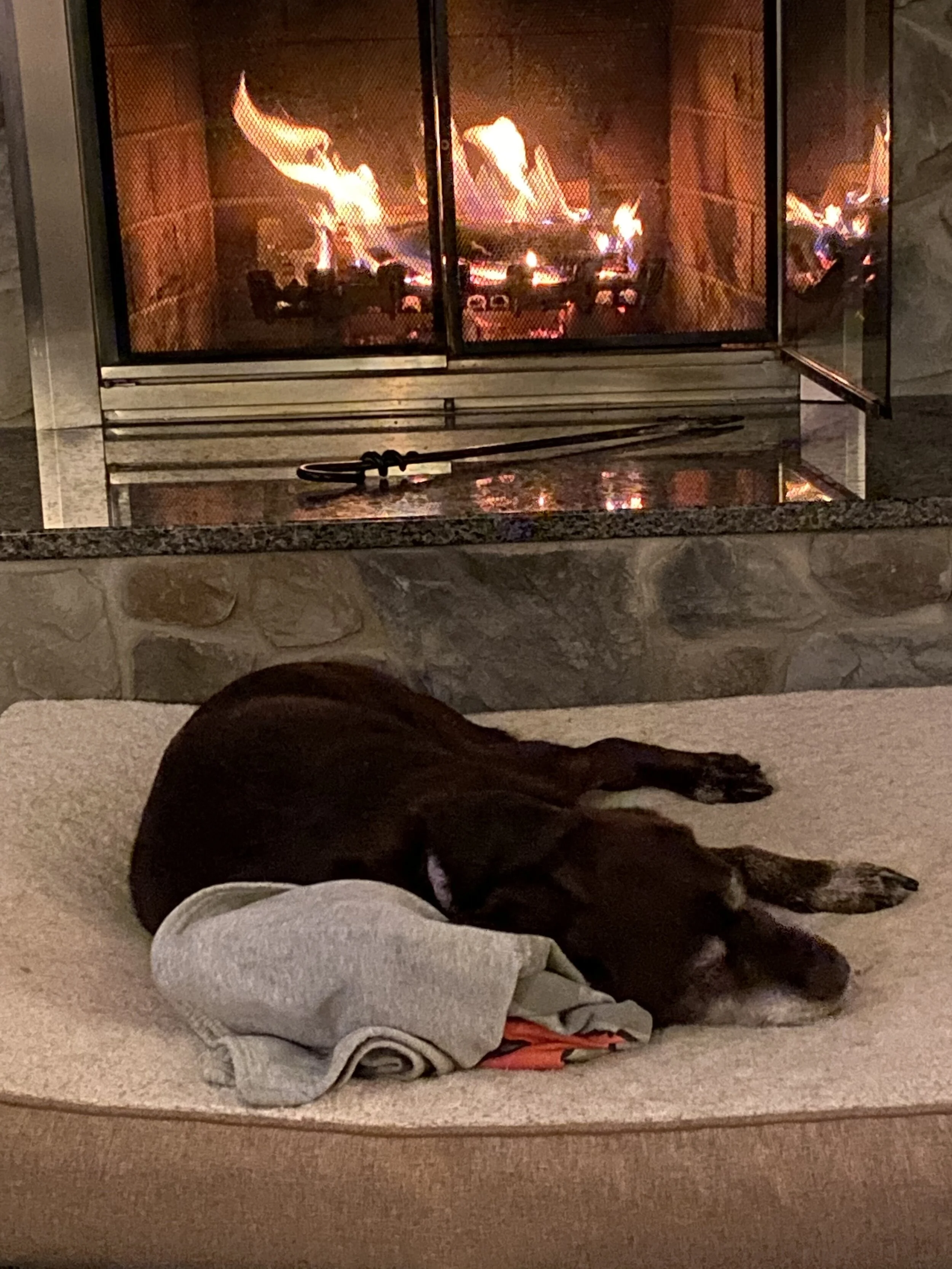Zombie Truckers - Part 6 Better Sleep
Brown Dog Carriers has launched a series of blogs that will discuss driver health and strategies for improvement. We are partnering with Robert E. Cyr, DOS, CHHC, AADP, FSP a former truck driver who penned the book “Zombie Truckers” To order Bob’s book click on the following link.
https://www.amazon.com/dp/1682132196/ref=nav_timeline_asin?_encoding=UTF8&psc=1
This is our final installment, and we cover the need for sleep!
Driving a truck is a very demanding job. Lack of sleep makes it more difficult to meet the demands of the job and increases your risk for drowsy driving and vehicle crashes. This could mean the difference between stopping with a vehicle just in front of your bumper, or with it in your seat. Because your 24/7 job keeps you on the road for long periods and at night, it can affect your sleep quality. Creating a relaxing bedtime routine along with a good sleep environment can improve your sleep.
WHERE YOU SLEEP MATTERS A good sleep environment improves sleep quality. Your sleep environment may depend on your schedule, but you can improve your sleep environment on the road or at home.
Keep safety in mind. Park with a balance of quiet and safety in mind.
Block out all light. Close all curtains and truck shades or use an eye mask.
Block out noise. Use ear plugs or a “white noise” machine like a fan to block out noises. Silence phones and assign an audible ringtone to important contacts to minimize distractions.
Keep your cab or bedroom temperature cool. People's temperature preferences vary, so keep your room temperature comfortable for you.
Get comfortable. You spend one third of your life in bed, so use a comfortable mattress and pillow. Consider upgrading or replacing the mattress in your sleeper if it is old or uncomfortable.
PREPARE FOR BETTER SLEEP Try to get 7–9 hours of sleep each day; most people need this amount. Be aware of your body's natural feelings of sleepiness. When you are driving, try to plan your stops and sleep breaks to match your natural sleep times. Sleeping at about the same times every day helps improve sleep. Getting sufficient and regular sleep actually will help you fall asleep faster and sleep better in the future. Better sleep will lead to better health and increased alertness. Remember, any exercise during the day that does not take away from sleep time improves sleep.
Lily, enjoying a good rest before her next busy day!
AVOID BEFORE BEDTIME
Heavy or spicy meals (2–3 hours before bed)
Liquids (to avoid getting up to use the bathroom), especially alcohol, which causes sleep disturbances
Caffeine (according to your own sensitivity) - this stimulant can help you stay awake while driving, but remember it can affect your body for five hours or more so plan your intake so that it does not prevent you from getting good sleep
Nicotine and other stimulants
Exposure to light from television and electronics (tablets, computers, etc.) - studies show that light from these devices can disturb your sleep Do before bedtime:
Explain to family, friends, and dispatchers the importance of your sleep, when you will be sleeping, and ask them not to disturb you when you are sleeping to minimize disruptions.
Driving a truck is a stressful, demanding job. Follow a relaxing routine within an hour or more of bedtime. This will signal to your brain that it is time to sleep. Brushing your teeth, washing your face, and getting undressed for bed will help you relax and fall asleep.
Thanks, and good health!


